10 Best Herbal Tinctures For Itchy Scalp

Herbal tinctures are concentrated liquid extracts made from various plants and are often used to treat an itchy scalp by addressing underlying causes such as dryness, fungal infections, or irritation.
Commonly used herbs in these tinctures include calendula, sage, thyme, and rosemary, which are known for their antifungal, anti-inflammatory, and soothing properties. To use a herbal tincture for an itchy scalp, it is typically diluted with a carrier oil or water and applied topically to the scalp, followed by gentle massage to enhance absorption. These natural remedies are often preferred by individuals seeking alternative or complementary treatments to conventional pharmaceutical options.
However, it is important to consult with a healthcare professional before use, especially if the scalp condition is chronic or accompanied by other symptoms.
Table of Contents
- 1. St. john's wort (Hypericum perforatum)
- 2. Stinging nettle (Urtica dioica)
- 3. Rosemary (Rosmarinus officinalis)
- 4. English lavender (Lavandula angustifolia)
- 5. Field horsetail (Equisetum arvense)
- 6. Aloe vera (Aloe barbadensis)
- 7. Salvia (Salvia officinalis)
- 8. Blessed thistle (Cnicus benedictus)
- 9. Dandelion (Taraxacum officinale)
- 10. Chamomile (Matricaria chamomilla)
1. St. john's wort (Hypericum perforatum)

Hypericum perforatum, commonly known as St. John's Wort, is a herbal plant that has been traditionally used for its potential therapeutic properties.
When prepared as a tincture, it may offer relief for an itchy scalp due to its anti-inflammatory and antimicrobial effects. The active compounds in hypericum perforatum, such as hypericin and hyperforin, are believed to help reduce irritation and soothe the skin. However, it is important to consult a healthcare professional before using it, as it may interact with certain medications.
While some individuals find it beneficial for scalp conditions, results can vary, and it should not replace medical treatment for persistent or severe scalp issues.
2. Stinging nettle (Urtica dioica)

Urtica dioica, commonly known as stinging nettle, is a potent herbal remedy that has been used for centuries to address various health issues, including scalp irritation.
When prepared as a tincture, stinging nettle can be applied topically to the scalp to alleviate itching and inflammation caused by dandruff, eczema, or fungal infections. The tincture works by leveraging the plant’s anti-inflammatory, antimicrobial, and soothing properties, which help reduce redness and irritation. To use, a few drops of the tincture can be diluted in water or applied directly to the scalp with a gentle massage.
Regular use of Urtica dioica tincture may promote a healthier scalp environment and provide long-term relief from persistent itchiness.
3. Rosemary (Rosmarinus officinalis)

Rosmarinus officinalis, commonly known as rosemary, is a fragrant herb widely used in herbal tinctures for its therapeutic properties.
Rosemary tinctures are often recommended for itchy scalp due to their ability to improve circulation and reduce inflammation. The essential oils in rosemary, such as camphor and cineole, have antimicrobial and antifungal effects that can help combat scalp infections. When applied topically, these tinctures may soothe irritation and promote a healthier scalp environment.
However, it is important to perform a patch test before use to avoid any adverse reactions.
4. English lavender (Lavandula angustifolia)
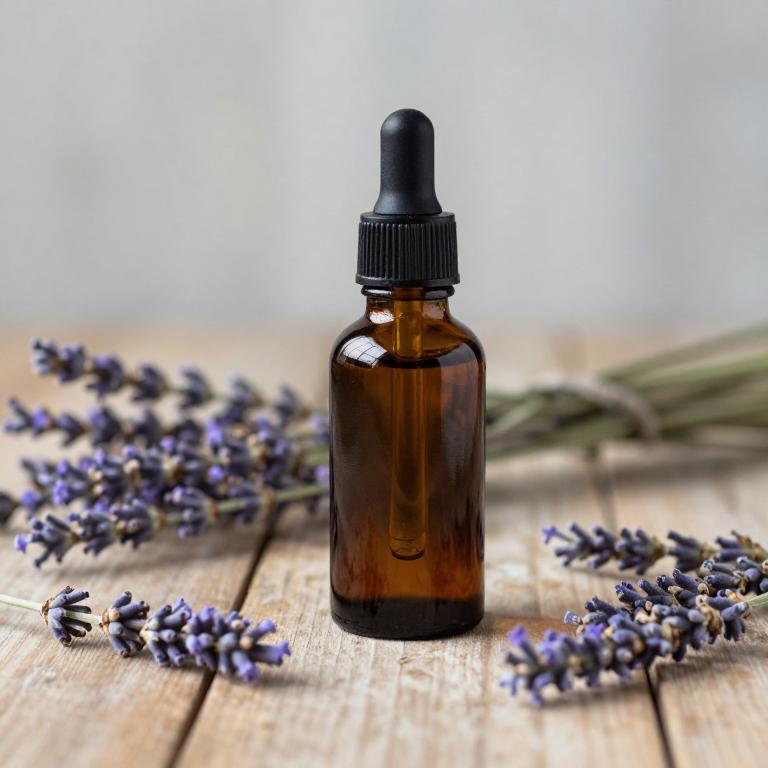
Lavandula angustifolia, commonly known as English lavender, is widely used in herbal tinctures for its soothing and antifungal properties.
These tinctures are often applied topically to the scalp to alleviate itching caused by dandruff, eczema, or fungal infections. The essential oils in lavender tinctures help reduce inflammation and promote a calming effect on the scalp. When diluted with a carrier oil, lavender tinctures can be safely used as a natural remedy for persistent scalp irritation.
Many users report improved scalp health and reduced itchiness after consistent use of lavender-based herbal tinctures.
5. Field horsetail (Equisetum arvense)
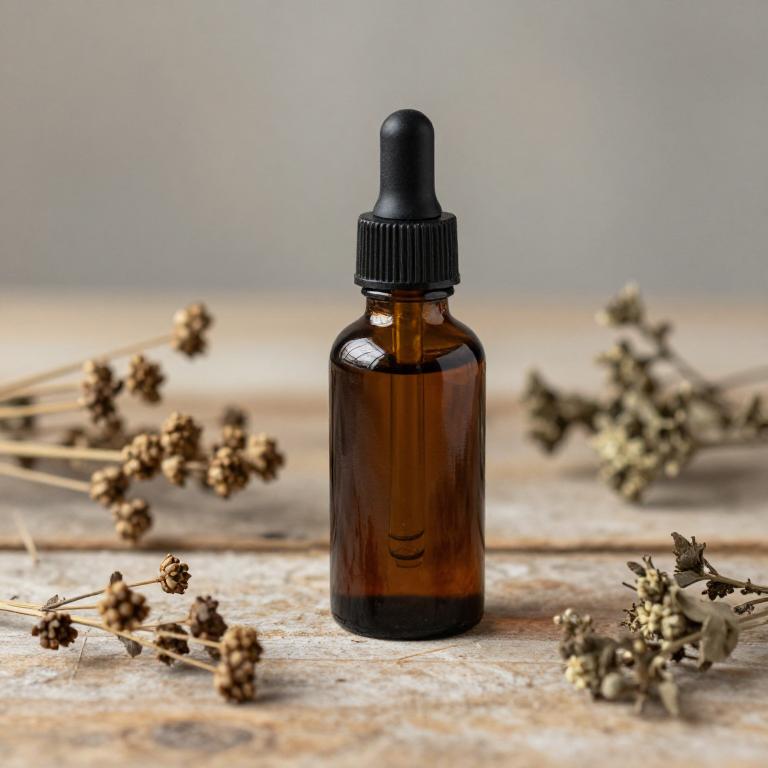
Equisetum arvense, commonly known as horsetail, is a herbal plant rich in silica and other minerals that may support scalp health.
When used in the form of a tincture, it can be applied topically to an itchy scalp to help reduce irritation and promote healing. The tincture is typically made by soaking the dried plant material in alcohol, allowing the active compounds to be extracted. Some individuals find relief from persistent scalp itch by using horsetail tincture as part of their natural skincare routine.
However, it is important to consult with a healthcare professional before using it, especially if you have sensitive skin or are taking other medications.
6. Aloe vera (Aloe barbadensis)
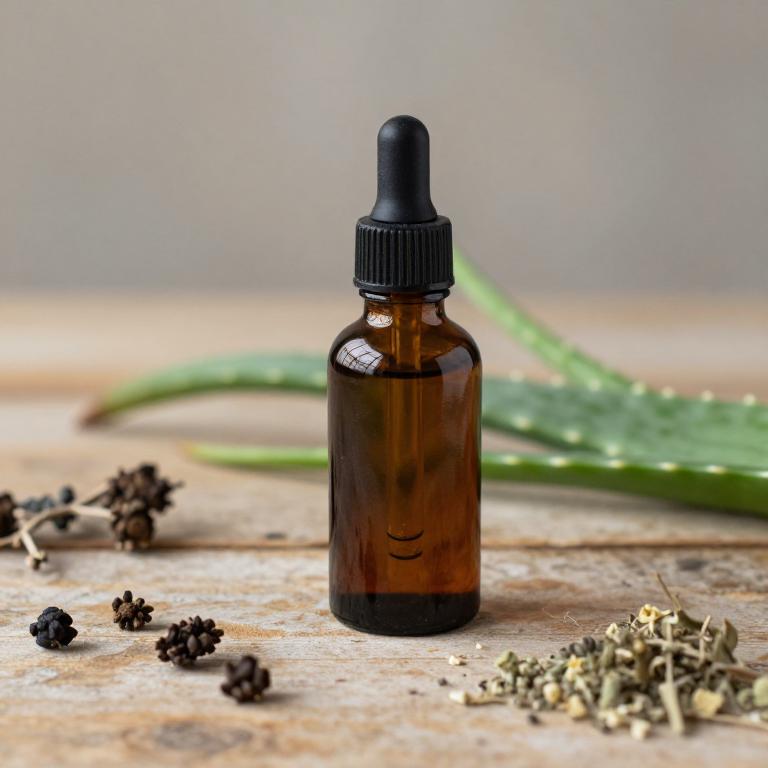
Aloe barbadensis, commonly known as aloe vera, is often used in herbal tinctures to soothe an itchy scalp due to its anti-inflammatory and antimicrobial properties.
These tinctures are typically prepared by extracting the gel from the aloe plant and combining it with alcohol or another suitable solvent to create a concentrated liquid. The soothing effect of aloe vera can help reduce redness, irritation, and dryness associated with an itchy scalp. Many people find that applying a few drops of the tincture to the scalp and allowing it to absorb provides relief from itching and promotes a healthier scalp environment.
However, it is important to perform a patch test before use and consult with a healthcare professional, especially if the scalp condition is chronic or severe.
7. Salvia (Salvia officinalis)

Salvia officinalis, commonly known as sage, is a versatile herb that has been traditionally used for its medicinal properties, including its potential benefits for scalp health.
Sage herbal tinctures are often made by soaking the dried leaves in alcohol, which helps extract the plant's active compounds, such as flavonoids and essential oils. These tinctures are believed to have antimicrobial and anti-inflammatory properties that may help soothe an itchy scalp by reducing irritation and fungal growth. When applied topically, sage tinctures can provide a calming effect, making them a natural alternative for those seeking relief from dandruff or seborrheic dermatitis.
However, it is important to dilute the tincture properly and consult with a healthcare professional before use, especially for those with sensitive skin or existing scalp conditions.
8. Blessed thistle (Cnicus benedictus)

Cnicus benedictus, also known as blessed thorn, is a traditional herbal remedy used for its potential soothing properties on the scalp.
Herbal tinctures made from Cnicus benedictus are often prepared by soaking the dried plant in alcohol to extract its active compounds. These tinctures are believed to help alleviate symptoms of an itchy scalp by reducing inflammation and irritation. They are typically used as a topical application, either diluted with a carrier oil or applied directly to the affected area.
While some individuals may find relief from using Cnicus benedictus tinctures, it is advisable to consult a healthcare professional before use, especially if the itching is persistent or accompanied by other symptoms.
9. Dandelion (Taraxacum officinale)
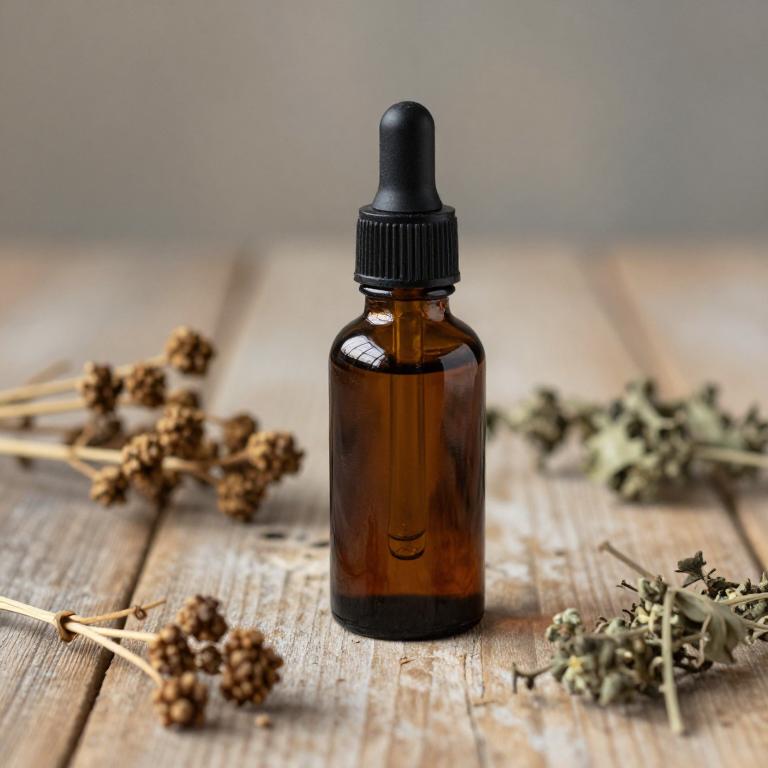
Taraxacum officinale, commonly known as dandelion, is a versatile herb that has been traditionally used for its detoxifying and anti-inflammatory properties.
Herbal tinctures made from Taraxacum officinale can be beneficial for individuals suffering from an itchy scalp, as they help to reduce irritation and promote scalp health. These tinctures are typically prepared by soaking the dried leaves and roots in alcohol, allowing the active compounds to be extracted. The herb's ability to support liver function and reduce toxins in the body may contribute to alleviating scalp conditions caused by internal imbalances.
When used as part of a holistic skincare routine, Taraxacum officinale tinctures can provide a natural and effective remedy for persistent scalp itchiness.
10. Chamomile (Matricaria chamomilla)
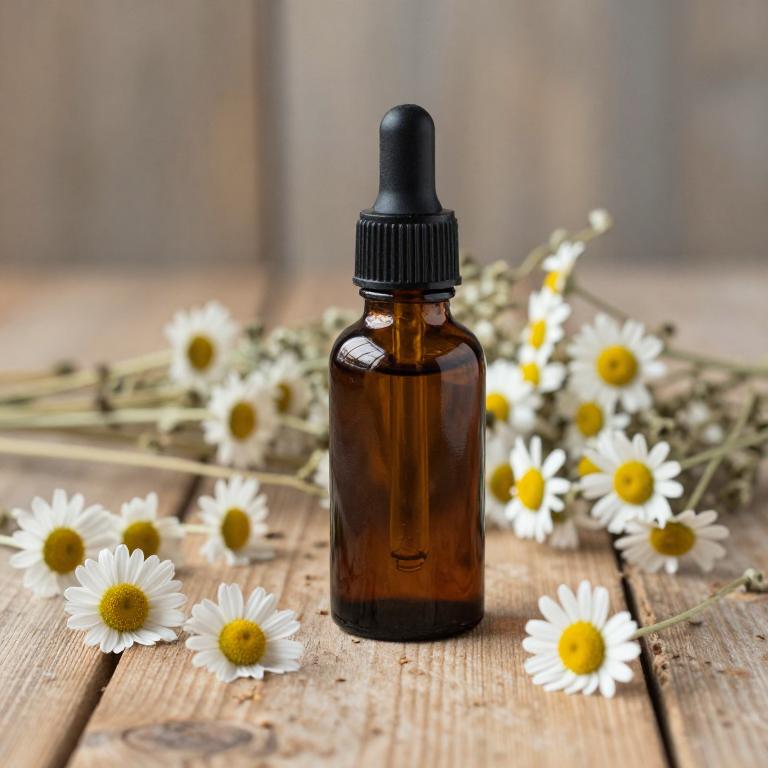
Matricaria chamomilla, commonly known as chamomile, is a popular herb used in tinctures for its soothing and anti-inflammatory properties.
Chamomile tinctures can be applied topically to the scalp to help alleviate itching and irritation caused by conditions like dandruff or eczema. The active compounds in chamomile, such as bisabolol and chamazulene, possess antiseptic and calming effects that promote scalp health. When diluted properly, these tinctures are safe for regular use and can be incorporated into a daily skincare routine.
Many users report reduced scalp inflammation and improved comfort after consistent application of chamomile tinctures.